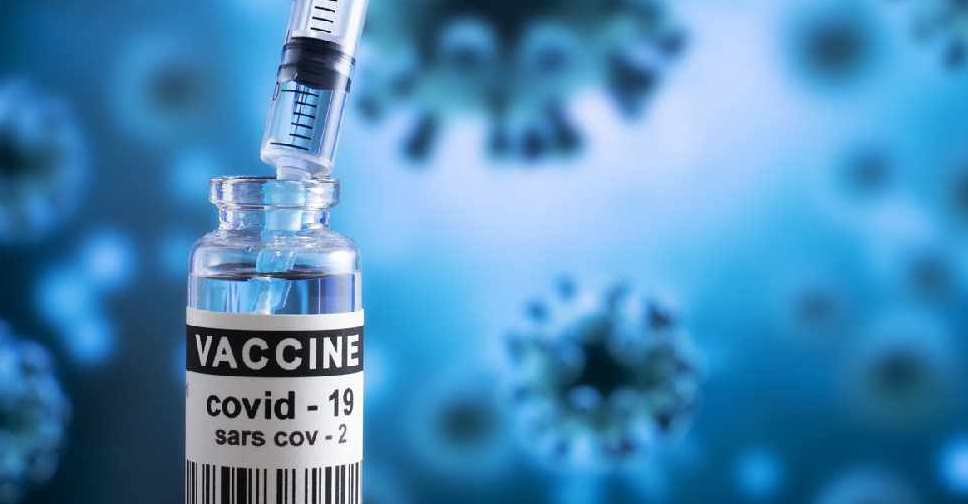
Pfizer Inc and BioNTech SE have started an international study with 4,000 volunteers to evaluate the safety and effectiveness of their COVID-19 vaccine in healthy pregnant women.
Pregnant women are at higher risk of developing severe COVID-19, and many public health officials have recommended some women in high-risk professions take coronavirus vaccines even without proof they are safe for them.
Dr. William Gruber, senior vice president of vaccine clinical research and development for Pfizer, said in an interview the company could have results by the fourth quarter of 2021.
Gruber said data so far suggest that pregnant women with COVID-19 have higher rates of severe disease. They also have higher rates of pregnancy complications, such as premature birth, compared with pregnant women not infected by the coronavirus.
That increased risk is why US regulators and public health advisers "are interested in doing this in the first place - so people can be fully informed about the safety profile," he said.
Last week, the US National Institutes of Health called for greater inclusion of pregnant and lactating women in COVID-19 vaccine research.
Bioethicists, vaccine and maternal health experts have argued for years that pregnant women should be included early in trials of pandemic vaccines so they would not need to wait until long after a successful one emerges.
Nevertheless, pregnant women were excluded from the large US trials used to obtain emergency use authorisation of COVID-19 vaccines.
Drugmakers have said they first need to make sure the vaccines are safe and effective more generally.
In the United States, regulators require drugmakers to conduct safety studies in pregnant animals before vaccines are tested in pregnant women to ensure they do not harm the fetus or lead to a miscarriage. The companies said those studies revealed no new risks.
Pregnant women in the United States have already received their first doses, the companies said.
The new study will test pregnant women aged 18 and older in the United States, Canada, Argentina, Brazil, Chile, Mozambique, South Africa, the UK and Spain.
Women will receive the vaccine during weeks 24-34 of gestation, getting two shots 21 days apart - the same regimen used in the larger clinical trial.
Shortly after giving birth, participants who got a placebo in the trial will be given an opportunity to get the actual vaccine, while remaining part of the study, the companies said.
The trial will also assess whether vaccinated pregnant women transfer protective antibodies to their babies.





 UN warns funding cuts threaten vital aid
UN warns funding cuts threaten vital aid
 Multiple dead in Vancouver after vehicle plows into street festival
Multiple dead in Vancouver after vehicle plows into street festival
 Rome and the world bid farewell to Pope Francis
Rome and the world bid farewell to Pope Francis
 Trump, Zelenskyy meet in Vatican basilica to seek Ukraine peace
Trump, Zelenskyy meet in Vatican basilica to seek Ukraine peace

